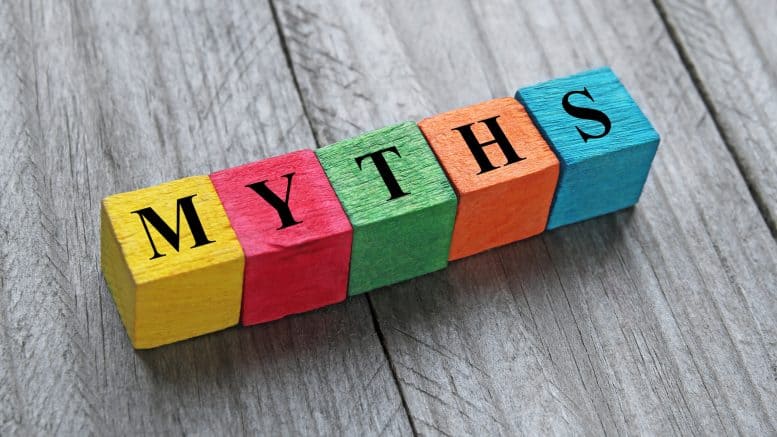Low-fat foods will not help with weight loss.
I first started having a weight problem when I was in my early to mid-twenties. The college weight was adding up and my sedentary lifestyle with most of my time spent sitting and studying was not helping. During that period of time, the low-fat craze was in full swing. The recommended foods for weight loss included rice cakes, egg whites, and low-fat cookies. The market for these foods exploded with the Snackwells and the likes. The good news is you do not need to deprive yourself to enjoy your meals and you should not have to do so. These so-called healthy foods are less fulfilling following a low-fat diet is not an effective way to try to lose weight over the long term.
So why are many fat-free foods bad for you? It will become obvious if you review the ingredient list. Many low-fat versions of food have just as many or more calories than the full-fat foods we are trying to avoid. The full-fat version can actually be healthier since the fat helps your body absorb important nutrients from the other foods you are eating. Also, with many of these products, the fat is replaced by sodium, sugar, or carbohydrates. In many of them, you will find that the manufacturers hide the sugar content by having multiple sugars added. In order for the fat-free food to be flavorful, the fat is replaced with sugars such as corn syrup and high-fructose corn syrup. The sugars give the foods a similar flavor and texture to the regular version. In other cases, the fat was replaced with fake fats. The fat-free versions are highly processed and are terrible for you and are less satiating, so you end up eating more.
The key to preventing weight gain or losing weight is watching the total calories that you consume. It is not the fat content that matters, but the calories. Sure, fat contains more calories with a ratio of 9 calories to 4 calories when comparing fat to carbs and protein. Higher fat foods will contain more calories, but it is more complex than calorie density. If you want to lose weight, you should consume a diverse diet that contains fruits and vegetables, lean meats or meat alternatives, dairy products, and whole grains. Most of these foods are naturally lower in fat but have some fat to support your need to have some essential fatty acids and fat-soluble vitamins. It’s best to eat healthy fats such as olive oil, coconut oil, peanut butter, and avocado. It’s important to watch your portion size when eating healthy fats because in most cases, a serving of fat is only one teaspoon. If your portions are too large, it may cause you to gain weight.
It is good to add some healthy fats to your diet. Fats improve the flavor of your foods and keep you satisfied with your meals. Healthy fats include avocados, coconut oil, olive oil, and nut butter. Because they are dense in calories, it is important to limit your portion size even though they are healthy fats. But this does not mean you should start shoveling in healthy fats to satiate your hunger. You need to monitor portion sizes because too much of a healthy thing can lead to too much waistline.
So, does low-fat help with weight loss? No. A meta-analysis from The Lancet Diabetes & Endocrinology has looked at this very question and found that fat[1]. Researchers from Brigham and Women’s Hospital and the Harvard T.H. Chan School of Public Health in Boston combined to look at the data from 53 randomized control trials comparing the weight-loss outcomes of 68,128 participants who had followed a low-fat or higher-fat diet. The researchers found that data did not support using low-fat diets for long-term weight loss and maintenance. In other words, low-fat diets were actually less effective than higher-fat eating strategies at helping people lose weight and keep it off. In fact, high carbohydrate content has been linked in the PURE study to high morbidity and mortality[2].
The bottom line: Healthy fats can help with weight loss. Fat content does not determine if a food will is healthy or now.








Leave a Reply